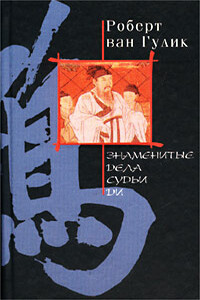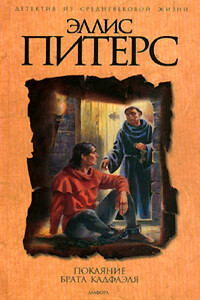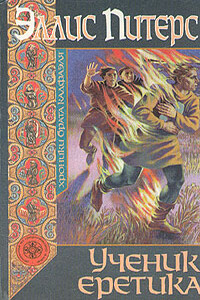The Devil in the Marshalsea | страница 2
It may seem odd that there was so much money to be made from debtors – until we see adverts for pay-day loans and realise there are still plenty of ways to profit from someone else’s misfortune. Many prisoners were supported by family and friends, or could pawn belongings while they looked for ways to pay off their creditors. Some even ran businesses from inside the prison walls – Sarah Bradshaw’s coffeehouse and Mack’s chophouse being two examples. ‘Women of the town’ were regular visitors. And there was indeed a barber called Trim and – exotically enough – a French fortune teller called Madame Migault living in the Marshalsea in 1727. Debtors’ prisons were meant for containment rather than correction – if you could afford to pay for food, drink and company so be it, as long as the keeper got his cut.
Dinner and Supper
A small note to avoid confusion: in the early eighteenth century dinner was usually eaten at around 2 or 3p.m. followed by a light supper later in the evening if needed. All the meals referred to in the novel are based on dishes described in John Grano’s diary written in the Marshalsea in 1728-9. And yes – they really did drink and smoke that much back then.
Swearing
They did an awful lot of this, too. All the words used in the book were in currency at the time – flagrantly so. César de Saussure, a Swiss visitor to London in the 1720s, commented: ‘Englishmen are mighty swearers’, and that ‘not only the common people have this unfortunate habit’. And he was not referring just to ‘damn’ and ‘by God’.
If these swear words seem in any way anachronistic, it is perhaps because they don’t appear in the more familiar novels and plays of the time. A brief – or indeed a long – glance at ‘libertine literature’ such as Venus in the Cloister (1725) confirms that extremely strong language and graphic sex scenes are nothing new. In the coffeehouses of Covent Garden, the slums of St Giles and the debtors’ prisons of the Borough, I think we can safely assume they did not say ‘sugar’ and ‘fiddlesticks’ when there were more colourful choices available.
PROLOGUE
They came for him at midnight. There was no warning, no time to reach for the dagger hidden beneath his pillow. They had moved as silently as ghosts, crossing the prison yard and stealing up the dank, narrow staircase while he slept on, oblivious.
A guilty man should not sleep so soundly.
He woke to find a cold blade pressed to his throat. They gagged him and bound his wrists before he had the wit to cry out; dragged him so hard from the bed to his knees that the floorboards split and buckled with the force.



